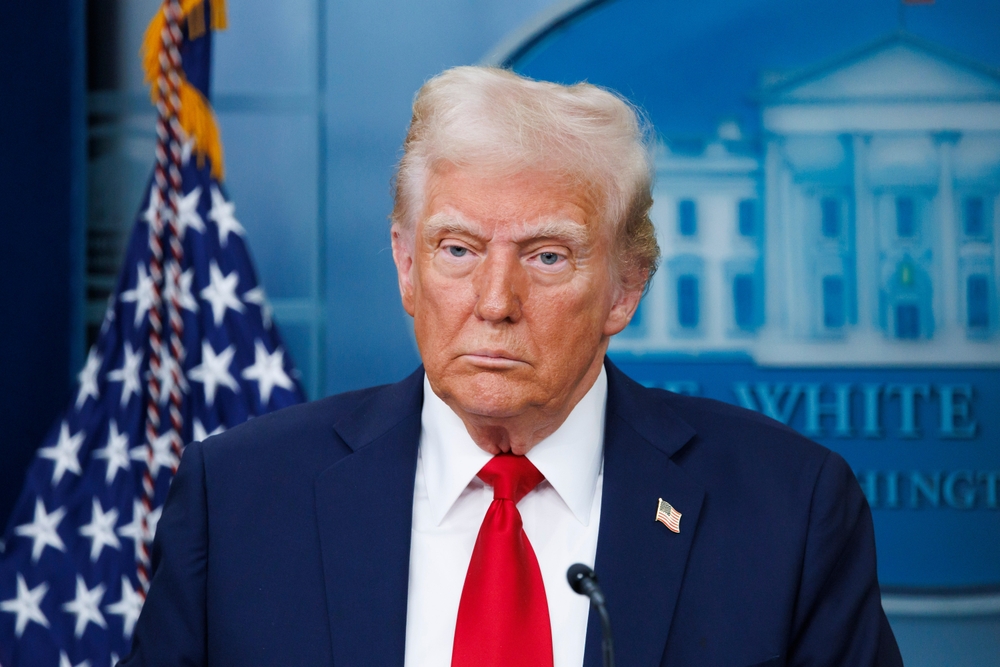
President Donald Trump‘s One Big Beautiful Bill Act (OBBBA) has a significant impact on the US economy. However, there was a regulatory shift tucked away that was lauded by the gambling industry.
Although changes to the levels of deductions a player can make on their taxes made the most headlines within the gambling industry, an increase in reporting jackpot wins has been mooted as a major evolution for the land-based casino sector in the US.
Fresh from sharing the stage with a bemused Cole Palmer and his Club World Cup-winning Chelsea side this week, the US President has continued to make domestic waves with the progression of the bill, including what is being cited as the modernisation of the land-based sector.
Casinos have previously been required to issue a W2-G tax form immediately following somebody capturing a slot machine jackpot in excess of $1,200, alongside taking the machine offline for a brief period of time – rules that caused friction and left them lagging in terms of efficiency.
Changes have now seen the limit increased to $2,000, to be elevated in line with inflation – a move described as “a crucial step” for the industry.
The American Gaming Association (AGA) had previously described the policy as “outdated”. Reacting to the news, AGA SVP of Government Relations Chris Cylke emphasised to SBC Americas: “Raising the slot tax reporting threshold to $2,000 and indexing it to inflation is a long-overdue modernisation that reduces regulatory burdens and improves the customer experience.”
He continued: “It’s a hard-fought win for our industry, and we look forward to working on regulatory implementation.”
Whilst it has been celebrated by the industry, there are still calls for the escalation to go further.
In 2022, the AGA underpinned its perspective that there is a precedent for using $5,000 as a benchmark for other tax reporting requirements.
Nevada Congresswoman Dina Titus, a strong advocate for the rise, backed the AGA’s previous calls for $5,000.
She stated that halting slot machines “for low-dollar amounts” ensures players move toward the illegal market and floods the IRS with automated, outdated forms.
She told SBC Americas: “While raising the slot reporting threshold to $2,000 is a step in the right direction, it is still inadequate.
“The IRS Advisory Council recommended that this threshold be raised to over $5,000 and indexed to inflation. The current threshold has not been updated since 1977.
“I will continue to advocate for the SLOT Act, which adjusts the jackpot threshold accordingly to keep up with inflation and improve the gaming experience for the customer and operator.”
There are still fears lingering about the overall impact of the bill on the gambling industry in the US, with the framework around taxable income being tightened as a result of the changes.
Drawing widespread criticism from the industry, the bill states that only 90% of a gambler’s total wagering losses in a taxable year should be allowed as a deduction. It marks a harsher environment for gamblers in the US, who are currently allowed to deduct up to 100% of losses. Congresswoman Titus is also rallying to overturn this act.